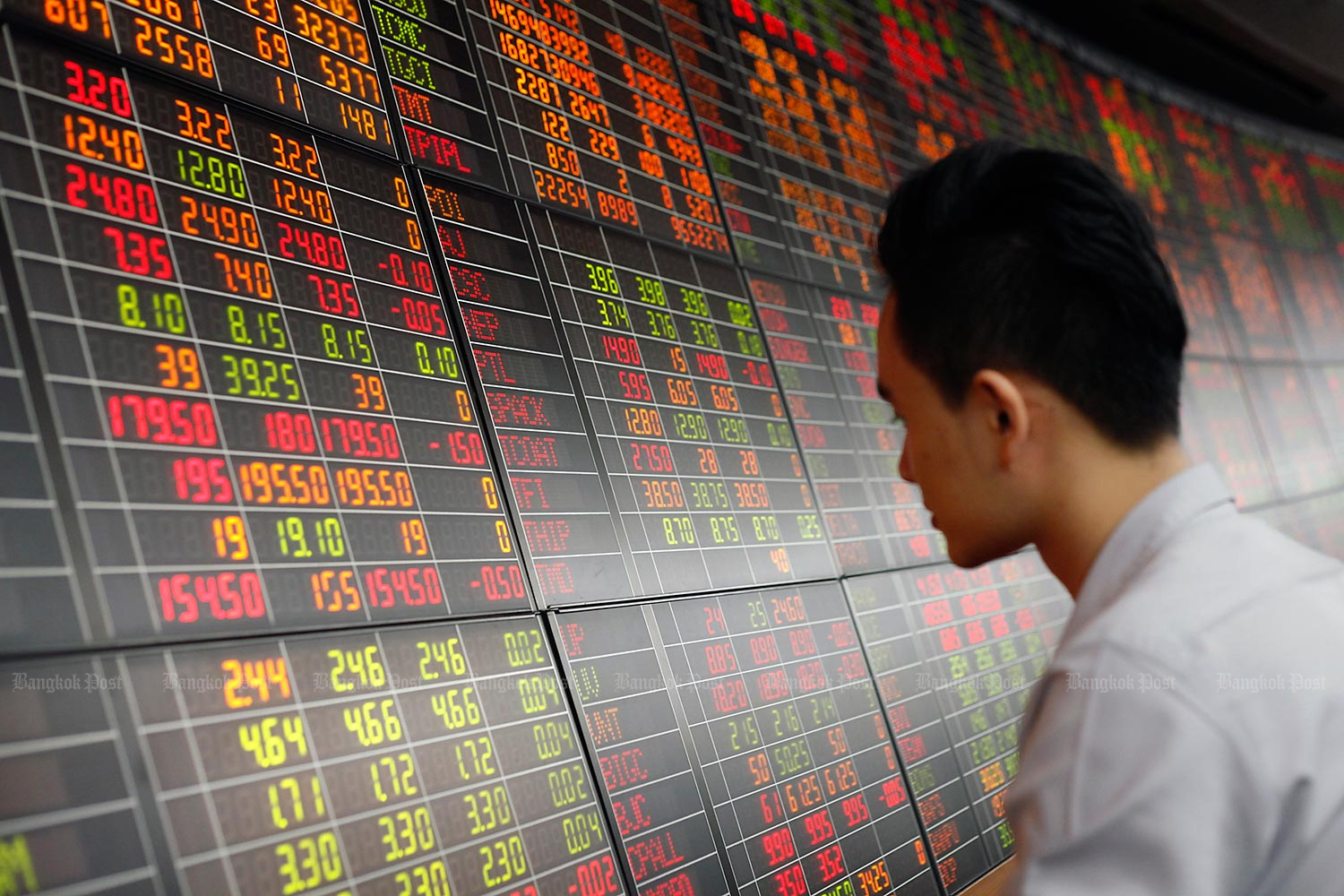
The Association of Investment Management Companies (AIMC) tried to assure investors yesterday about the selection process of mutual funds that held shares in Stark Corporation (STARK), saying the funds follow international standards when making investment decisions.
AIMC chairwoman Chavinda Hanratanakool said all mutual funds adhere to global accountability standards in protecting investors' benefits. The funds are strictly supervised by the Securities and Exchange Commission (SEC).
"Mutual fund personnel made investment decisions based on the information released to the public through the channels of the Stock Exchange of Thailand [SET] and other sources. They analysed financial statements, which are approved by auding firms, and invested in bonds that received ratings from authorised rating agencies," she said.
Mutual funds' investment committees also play a role in risk management, focusing on risk allocation to benefit investors, said Ms Chavinda.
"All those practices were applied for fund investments in STARK, but fund managers cannot control the abolition of the company's investment nor delays in submitting financial results. When such information comes to light, fund managers often adjust their investments in these companies accordingly," she said.
The AIMC and the SET said earlier they are preparing to use class action law to protect investors' interests as the Department of Special Investigation (DSI) probes potential fraud among former executives of STARK.
Both the SEC and the SET have stated that STARK, the listed wire and cable manufacturer, is highly likely to default on payment of five series of corporate bonds worth nearly 9.2 billion baht.
The SET allowed STARK shares to resume trading for one month from June 1. Share prices dropped by more than 90% immediately, alarming investors and holders of mutual funds.
According to the SET, as of Aug 30 last year, mutual funds that held Stark shares included Bualuang Asset Management, which ranked among the company's 10 major shareholders by holding more than 276 million shares.
Other funds holding a small percentage of Stark's shares included Krungthai Asset Management, Kasikorn Asset Management, One Asset Management and Aberdeen Asset Management. Most funds clarified that they already sold Stark shares in February 2023, before the company's problems became known.
Stark's acting chief executive Vonnarat Tangkaravakoon said earlier this week the company's audit committee was notified by its auditor on Feb 24 that it found reasonably suspicious behaviour regarding the performance of the director, manager, or people responsible for the company's operations.
The chairman of the audit committee then issued a letter informing the SEC that a working team was established to examine the facts, with an expert appointed to conduct a special audit.
Stark filed a complaint with the DSI and the Central Investigation Bureau under the Economic Crime Suppression Division, asking them to conduct an investigation and identify offenders for prosecution. Stark said it has cooperated with the authorities in terms of legal action.